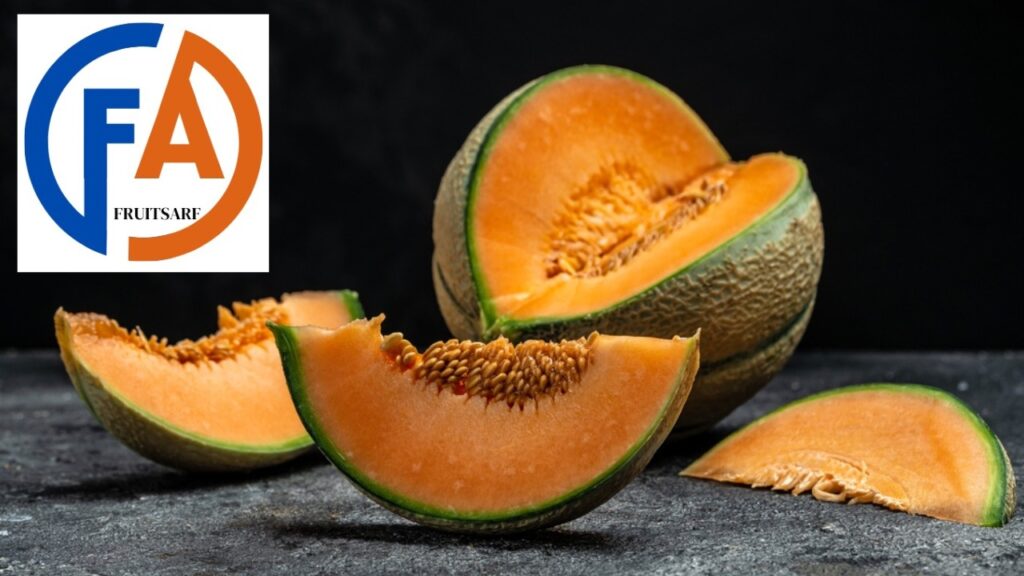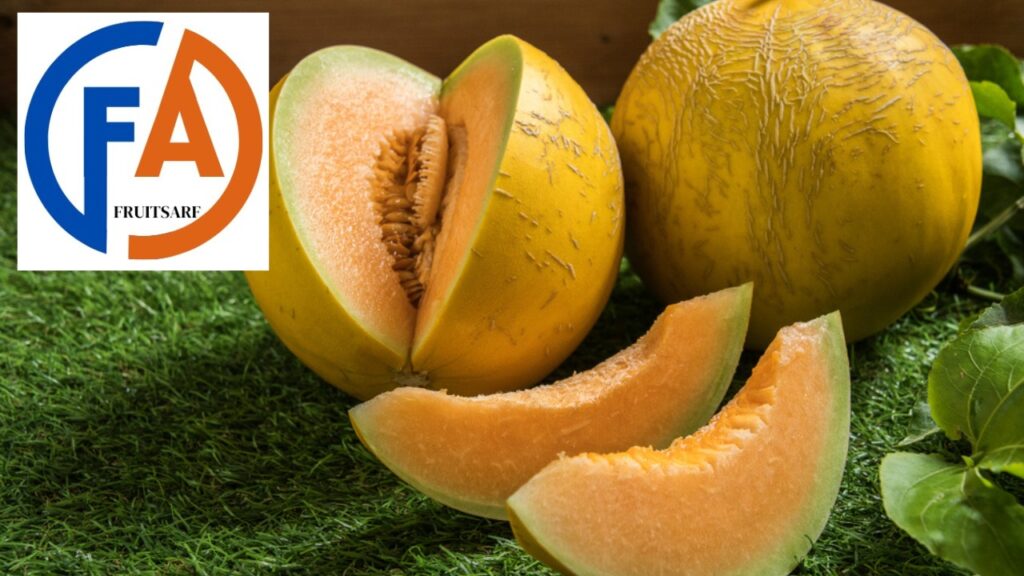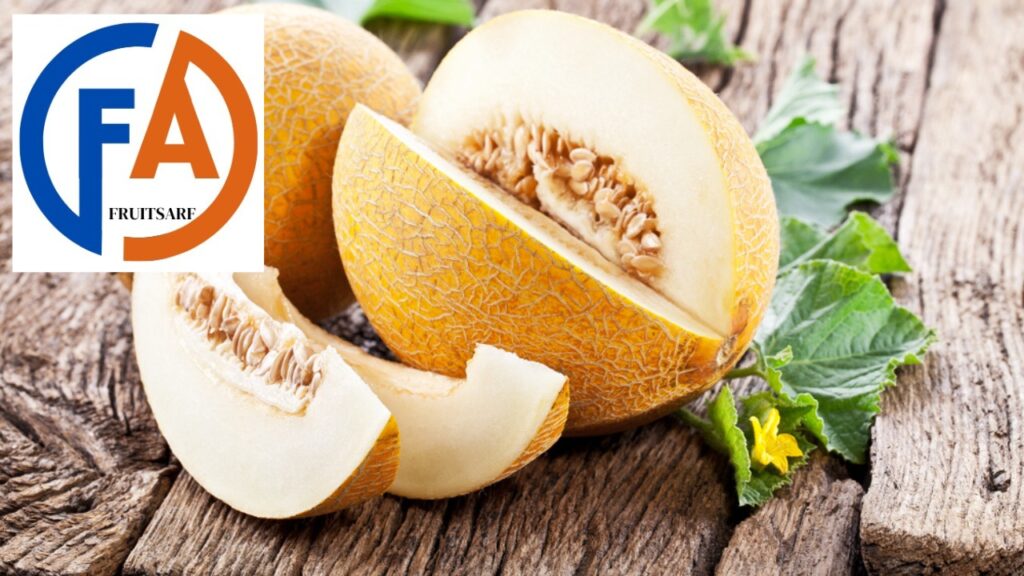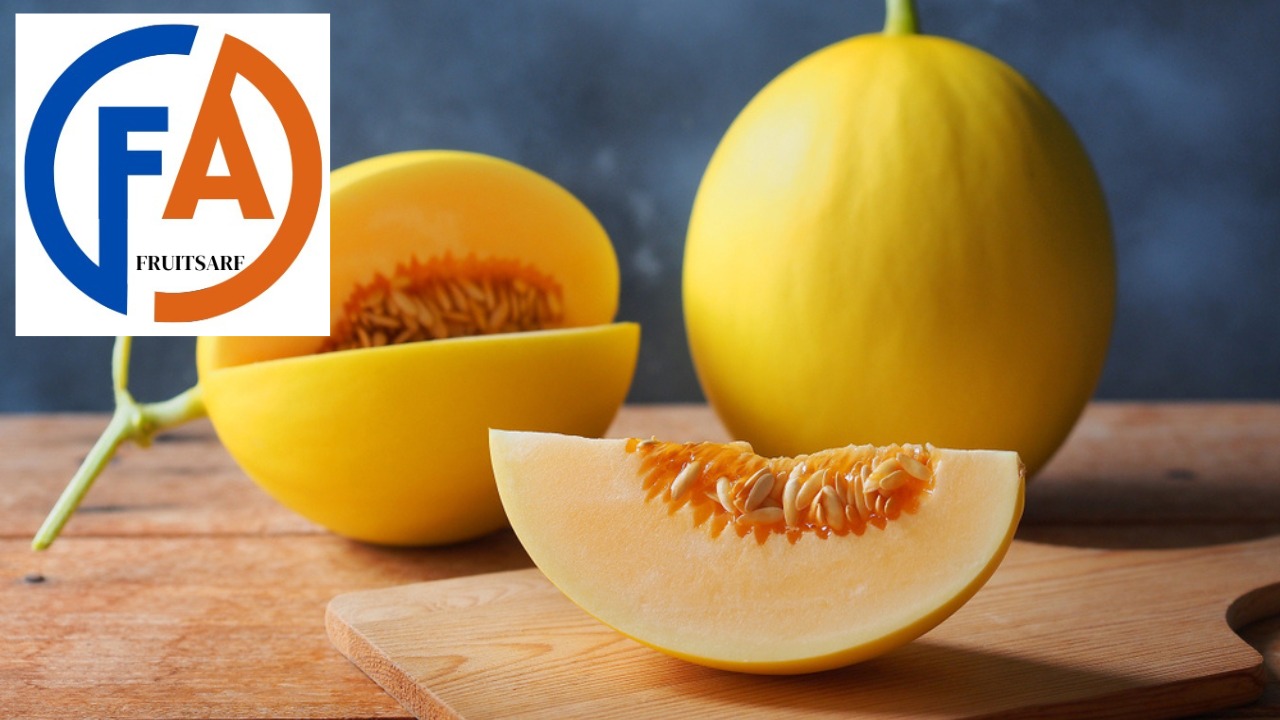Yellow Melon: Top 5 Amazing Benefits
Honeydew Melon or Yellow Melon is an elliptical-shaped yellow-colored fruit that is related to the Musk-Melon, a type of melon. The most distinctive feature of this melon is its distinctive sweet taste. When it ripens, the skin becomes very soft and the inside tastes very sweet.

Specialty of Yellow Melon
Yellow Melon grow on sprawling green vines that can reach up to three meters in length. About 8 to 10 yellow melons grow on each sprawling green vine. The special quality of these yellow melons is that they are bright in color and have a sweet and fragrant taste.[1]
Structures of Yellow Melon:
If we talk about the structure of honeydew Melon, its inner part which is sweet flesh is light yellow and white in color. While, its outer part i.e. its skin color is pale yellow. Its size is about 5 cm to 10 cm long and 3 cm to 5 cm high while its weight is 3 kg to 5 kg.
Beneficial for the Human Health:
Honey Melon is very beneficial for the human body. It strengthens human bones, digestion of food and refreshes the skin. Honeydew Melon is fully loaded with water and various nutrients that are very favorable for human health.
Availability of Honeydew Melon:
Honeydew Melon is found all over the world. The countries where canary melon is commonly found include some Asian countries such as China, India and Pakistan. While, other countries such as South Korea, Sicily, Algeria, and Morocco are also found in abundance. [2]
Benefits of Honeydew Melon
Yellow Melon is a very popular food while it is also used in juices, Russian salad snacks and various soups. The main reason for its attraction is its taste and sweetness which is rich in nutrients.
Here are 5 surprising benefits of honeydew melon.
1. Nutrition Worth
Honeydew Melons are packed with many nutrients, including vitamin A, C, potassium and fiber. All these nutrients are very important for human health and these nutrients work in different ways in the human body.
Apart from these nutritions, the details of many other nutritions are listed in the table below [3]
| Nutrition Values | |
| Portion Size | 175 g |
| Amount Per Portion | |
| Calories | 62 |
| g/mg Daily Value * | |
| Total Fat | 0.3g |
| Saturated Fat | 0.2g |
| Sodium | 33mg |
| Total Carbohydrate | 16g |
| Dietary Fiber | 1.6g |
| Sugar | 16g |
| Protein | 0.8g |
| Vitamin D | 0 mcg |
| Calcium | 12mg |
| Iron | 0.5mg |
| Potassium | 392mg |
2. Vitamins in Honeydew Melons
There are many vitamins in Honeydew Melon. Here, we discuss some important vitamins like as, [4]
| Vitamins Values | |||
|---|---|---|---|
| Vitamins Names | Vitamins Values | Vitamins Names | Vitamins Values |
| Vitamin A, RAE | 5.10 mcg | Vitamin B3 | 0.711 mcg |
| Carotene, beta | 51.00 mcg | Vitamin B5 | 0.264 mcg |
| Lutein + Zeaxanthin | 45.90 mcg | Vitamin B6 | 0.150 mcg |
| Vitamin B1 | 0.065 mcg | Vitamin B9 | 32.30 mcg |
| Vitamin B2 | 0.020mcg | Vitamin C | 30.6 mcg |

3. Useful for Blood Pressure
As we know that the most important role of vegetables and fruits on human health is to reduce blood pressure and heart diseases. [5]
Vegetables or fruits that are low in potassium and sodium have a positive effect on blood pressure. Yellow Melons are very low in sodium and high in potassium, hence it keeps the blood pressure level under control.
The main purpose of potassium is to flush excess sodium out of your kidneys so that your blood pressure can stay under control. An important role of potassium is also to control the flow of blood in the blood vessels, which does not increase the blood pressure of the person. [6]
A 175-gram cup of Yellow Melons contains about 392 mg of potassium, which helps control blood pressure. As we increase the amount of yellow melon, the amount of potassium will also increase, which will keep the blood pressure under control. So, if you want to reduce blood pressure, eat more yellow melons. [7]
4. Nutrients Essential for Bone Health
Nutrients play a very important role in strengthening bones and the nutrients that strengthen human bones include Sodium, Fiber, Proteins, Vitamin D, Calcium, Iron, Potassium, etc.
Yellow Melon also contains many nutrients that are important in strengthening human bones. A study found that yellow melons contain high amounts of folic acid, vitamin K and magnesium, which strengthen human bones. [8]
175 grams of stuffed yellow melon contains about 1.6 grams of fiber, 0.8 grams of protein, and 0.5 milligrams of iron. This amount is useful in strengthening human bones. [5]
5. Useful for Blood Sugar
Diabetes is a chronic disease whose only cure is diet. Diabetes is a disease that makes a person hollow from inside. For those patients who are worried due to blood sugar, eating fruit like yellow melon proves to be very beneficial. [8]
As noted, honeydew melon contains many nutrients and vitamins that help in controlling blood sugar. Yellow Melon contain a large amount of beta-proteins and carbohydrates that do not allow the sugar level of diabetic patients to rise beyond a certain limit.
Canary Melon Taste
Yellow Melon tastes very sweet like honey and is rich in water. The yellow melon has three parts, the first part is the outer part, the second part is the inner part and the third part is its central part.
The outer part of the canary Melon consists of the peel which is initially green in color and turns yellow as it matures. Similarly, the inner part is called the flesh, which usually becomes soft after ripens and the central part of it contains only the seeds.
If we talk about the taste of yellow Melon, it is very sweet and delicious. There are many secrets of human health hidden in the yellow melon as it contains many compounds such as proteins, vitamins, fats, iron and many more.
Golden Dew Melon
Golden dew melons are also a common yellow melon. Golden dew melon skin color is green at birth but turns yellow when ripe with yellowish spots on top. Its interior is filled with water and sweetness.
Golden Dew Melons also contains many minerals, nutrients and vitamins. All these nutrients rejuvenate human health which gives a person the motivation to work throughout the day.
If we talk about the uses of Golden Dew Melons, it is used in Russian Sealed Snacks and Juices etc. Those who are diet conscious are advised to consume Golden Dew Melon as much as possible. [9 ]
Korean yellow Melon
Korean Dew Melon is also an oval shaped fruit similar to papaya which is found in various regions of Korea. Its bark is green and yellow. When it is fully ripe, its inner color turns white and yellow, and its seeds become yellowish henna.
Korean Dew Melon protects us from many diseases as it contains abundant vitamins, nutrients, minerals, etc. Among the diseases it protects us from are cancer skin bones bums and many more. [10 ]
Korean Dew Melon is usually eaten by Koreans with the skin removed and the seeds distant. In general, he should not drink water after eating because of the risk of cholera.

Bottom Lines
Yellow Melon, including honeydew, canary, and Korean dew melons, are known for their sweet taste and numerous health benefits. These Melon grow on long, green vines and are packed with essential nutrients like vitamins A, C, potassium, and fiber. They help control blood pressure, support bone health, and manage blood sugar levels.
Widely cultivated in countries such as China, India, and South Korea, yellow melons are enjoyed globally. Their sweet and hydrating flesh is perfect for juices, salads, and snacks. The nutritional value and health benefits of these Melon make them a popular and healthy choice for many people.
FAQs
What is the distinctive feature of a yellow melon?
The distinctive feature of a yellow melon is its sweet taste.
How long can the vines of yellow melons grow?
The vines of yellow melons can grow up to three meters in length.
Which nutrients are honeydew melons rich in?
Honeydew melons are rich in vitamin A, vitamin C, potassium, and fiber.
How does yellow melon help control blood pressure?
Yellow melon helps control blood pressure because it is low in sodium and high in potassium.
What is a common use for Golden Dew Melon?
Golden Dew Melon is commonly used in Russian salads, snacks, and juices.
